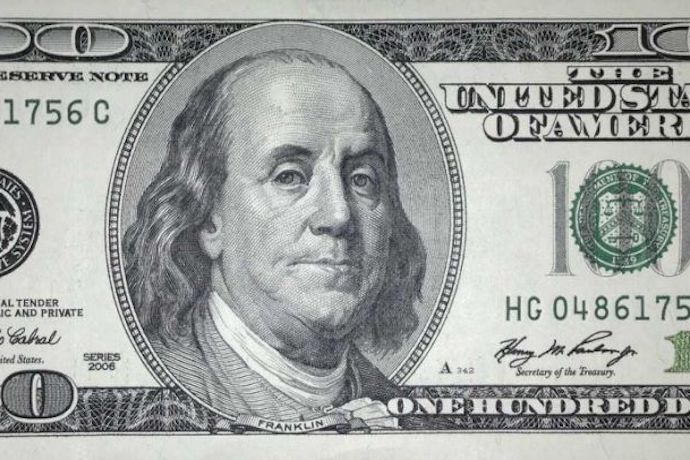Religious liberty is threatened in America, but not in the way you’ve been told. The Coronavirus Aid, Relief, and Economic Security (CARES) Act, as it stands right now, poses a very real threat to the religious freedom of every American.
The CARES Act allows businesses and nonprofits to borrow money from the federal government to cover operating costs and salaries, and the government will later forgive those loans. Churches, houses of worship, and nonprofits with religious missions are stalking this money and unless the Small Business Administration includes some constitutional protections in its coming emergency regulations to implement the CARES Act and these loans, there’s a good chance that American taxpayers will be footing the bill for church mortgages and preachers’ salaries.
The government’s taxing power should not be wielded to oblige Muslims to bankroll temples, or to coerce Jews to subsidize Christian and Catholic churches, or to force Christians to fund mosques, or to compel the nonreligious to support any of the above. One of this country’s first religious freedom laws warned that taxing citizens and giving the money to churches is “sinful and tyrannical.” The right to be free from that compulsion is the bedrock of religious liberty.
Congress cannot spend public money to build or maintain churches, to pay salaries for priests and preachers, or to fund religious ministries. Doing so is unconstitutional. Doing so forces all citizens, regardless of their religion or lack thereof, to support religions that are not their own. Even if the American religious tapestry were monochromatic and every citizen attended the same church, taxing citizens to support that church would still be “sinful and tyrannical,” as that first religious freedom law so correctly pointed out.
If these churches get a single cent from the public treasury, then the government is violating the religious liberty of every American. Fortunately, there’s an easy solution: the Small Business Administration can put in place rules to ensure that the Constitution is not violated. As a number of secular groups pointed out to the SBA this week, those rules are already in place.
For instance, “businesses principally engaged in teaching, instructing, counseling or indoctrinating religion or religious beliefs, whether in a religious or secular setting” are ineligible for SBA loans. The SBA has a host of rules like this in place to ensure that our Constitution is not violated; the SBA just needs to apply them to the CARES Act as it would apply them to every other piece of legislation.
With his customary wit, Benjamin Franklin explained that government support of religion reflects poorly on the churches:
“When a Religion is good, I conceive that it will support itself; and when it cannot support itself, and God does not take care to support, so that its Professors are obliged to call for the help of the Civil Power, ’tis a Sign, I apprehend, of its being a bad one.”
Let the faithful voluntarily support their churches if they so choose. To involve the state in such personal decisions violates the religious liberty of all. Congress and the SBA should defend this bedrock American principle.


